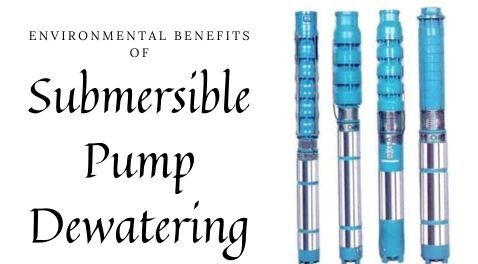Choosing the Right Water Pump for Your Project: A Practical Guide for Industry Professionals
As the importance of water pumps continues to grow, it is becoming more and more apparent that making the right choice for your specific project is essential. Whether you need a pump for agricultural irrigation, automotive purposes, wastewater management, or even harnessing renewable energy through solar-powered pumps, the array of options available can seem overwhelming. Therefore, this comprehensive guide aims to provide practical advice and guidance for industry professionals, helping them navigate the complexities of selecting the most suitable water pump for their specific needs. By shedding light on key factors to consider, we aim to empower professionals to make informed decisions that will ultimately lead to successful and efficient pump implementation.
1. Understanding the Basics: Types of Water Pumps
Automotive Water Pump: For automotive applications, efficiency is paramount. Consider factors such as flow rate, pressure, and size to ensure the Automotive Water pump seamlessly integrates into the vehicle's cooling system.
Submersible Water Pump: Ideal for submerged applications, submersible water pumps are commonly used in wells and boreholes. Look for corrosion-resistant materials and assess the depth at which the pump will operate.
Water Well Pump: Choosing a water well pump involves evaluating the well depth, water table fluctuations, and the required flow rate. Submersible or jet pumps may be suitable depending on the well's specifications.
Agricultural Pump: Agricultural pump demands robust pumps. Look for models with high flow rates, energy efficiency, and the ability to handle solids if irrigation water contains debris.
Waste Water Pump: Efficiently managing wastewater pumps requires pumps with excellent solids-handling capabilities. Choose a pump that can withstand corrosive environments often found in sewage systems.
Solar Water Pump: Harnessing solar power for water pumping is environmentally friendly. Consider the solar panel's capacity, pump efficiency, and battery storage for consistent performance.
Sea Water Pump: Operating in corrosive seawater environments necessitates materials resistant to saltwater corrosion. Select a pump specifically designed for marine applications.
Raw Water Pump: When dealing with untreated water sources, raw water pumps should be capable of handling impurities. Stainless steel components are often recommended to prevent corrosion.
Water Pressure Pump: Maintaining adequate water pressure is vital for various applications. Select a pump that matches the required pressure levels and is suitable for the intended use.
Monoset Water Pump: Monoset pumps offer a compact design with integrated motor and pump components. Assess the available space and the required flow rate when choosing these space-efficient pumps.
Ground Water Pump: For extracting groundwater, consider the depth of the water table, the pump's lift capacity, and the desired flow rate. Submersible or jet pumps may be suitable depending on the specifics of the well.
Domestic Water Pump: In residential settings, factors such as noise level, energy efficiency, and ease of maintenance become crucial. Choose a pump that meets the household's water demand with minimal energy consumption.
Diesel Water Pump: Diesel pumps are often used in remote areas without access to electricity. Evaluate the pump's fuel efficiency, flow rate, and durability for reliable performance.
River Mounted Floating Pump in Pune: River-mounted floating pumps are designed for specific geographic conditions. Assess the river's flow rate, water depth, and the pump's anchoring system for effective installation in Pune's water bodies.
2. Key Considerations in Pump Selection
Flow Rate and Pressure: Determine the required flow rate and pressure for your application. This will guide you in selecting a pump that can deliver the necessary water volume at the desired pressure.
Material Compatibility: Consider the materials used in the pump construction. Corrosion-resistant materials are crucial, especially when dealing with seawater or aggressive chemicals in wastewater.
Energy Efficiency: Evaluate the pump's energy efficiency to minimize operational costs and environmental impact. Look for pumps with high Motor Efficiency Index (MEI) ratings.
Maintenance Requirements: Assess the ease of maintenance and availability of spare parts. Regular maintenance is essential for prolonging the pump's lifespan and ensuring consistent performance.
Budget Considerations: While it's tempting to focus solely on upfront costs, consider the long-term operating and maintenance expenses. Investing in a higher-quality pump may lead to cost savings over time.
In Pune, India, at Sanas Engineering , the importance of making well-informed decisions when it comes to water pumps is evident. The success of any project hinges on the ability of industry professionals to thoroughly assess the unique needs and demands of each application, whether it be for agricultural irrigation or automotive cooling systems. By taking into account various factors such as the desired flow rate, required pressure, compatibility with materials, and energy efficiency, these professionals can select the most suitable water pump for their projects. This careful consideration ensures that the chosen water pump will not only provide optimal performance and longevity but also contribute to sustainable water handling solutions.

